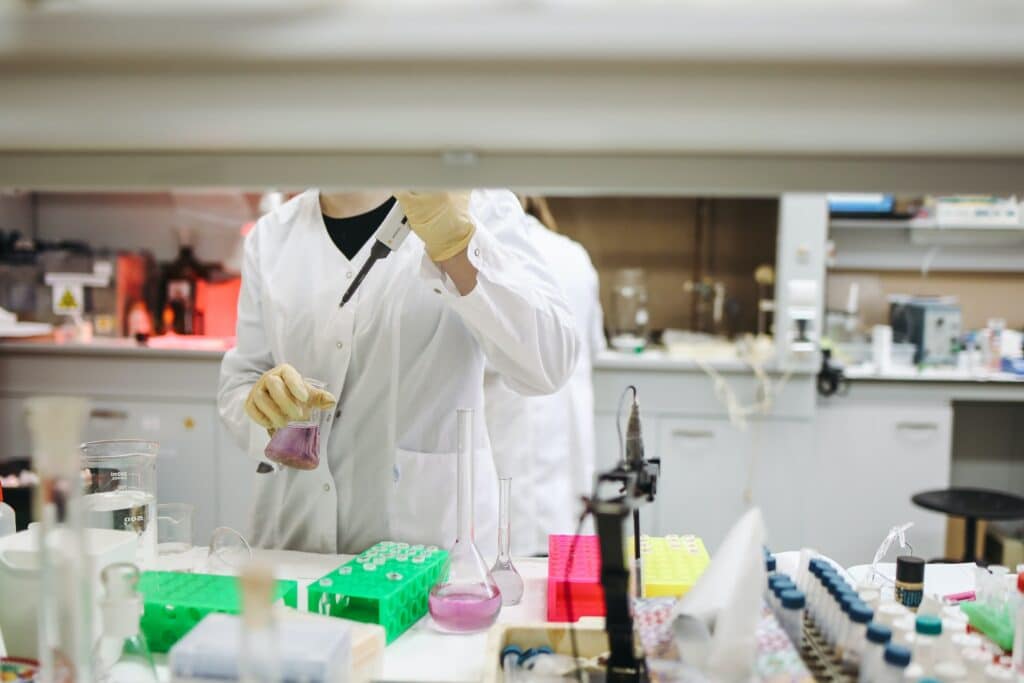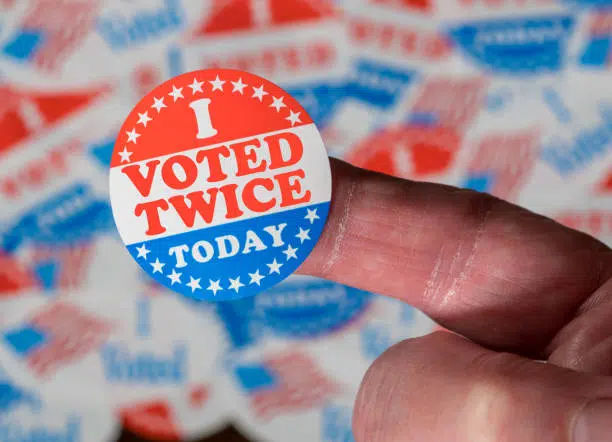
Tracing Next COVID-19 Has Unreasonable Price
To contain another pandemic like COVID-19, the U.S. government could conceivably hand over Americans’ medical data to other nations.
A new report from the U.S. Government Accountability Office (GAO) says several existing technologies can determine how a pandemic like COVID-19 originated. But, as members of the federal agency put it, that’s not enough.
“For these technologies to be effective in determining a pandemic’s likely origin, investigators need access to samples and data from infected or exposed individuals from early in an outbreak to reliably trace the disease back to the first human infection,” the report said.
RELATED: Treasury Department Makes Big Blunder on COVID-19 Emergency Rental Assistance
In advance of any future outbreak, the GAO says different governments must have access to genetic sequence information stored in databases around the world. The GAO report said members of Congress and the various federal agencies could agree to share genetic sequence data with other nations. The GAO recommended the World Health Organization as an entity that could help negotiate such agreements.
“Countries may be unwilling to participate in multilateral, international agreements because of concerns related to national sovereignty, among other reasons,” the GAO admitted.
“Identifying an appropriate responsible entity to determine and monitor whether countries are following agreed-upon standard processes may be time consuming and challenging.”
According to the National Cancer Institute’s website, genomic sequencing is a laboratory method used to determine the entire genetic makeup of a specific organism or cell type. This method can help scientists find changes in areas of the genome. These changes may help scientists understand how specific diseases, such as cancer, form.
The National Center for Biotechnology Information (NCBI) in 2016 warned about potential genetic privacy risks.
IN THE NEWS: ICE Arrests Noncitizens Convicted of Sadistic Crimes
“The unprecedented availability of personal genomes provides a rich resource for data mining and integration toward further understanding of human biology and translation of research findings into clinical practice. On the one hand, such endeavors call for sharing human genomic data widely and efficiently, which is vital for facilitating data-driven basic biological and translational research,” according to the NCBI.
“On the other hand, there is a growing concern that sharing and releasing genomic sequencing poses risks to genetic privacy, that is, privacy related to the identification of a human individual and/or confidential/sensitive information about his/her personal traits from anonymous genome sequences. Adversary attacks could potentially be deployed to strategically breach genetic privacy by disclosing personal identities or private traits of the individuals.”
GAO officials said that they interviewed experts from 11 federal agencies as well as experts from universities and research institutes to help with their report.
Send story tips and other story suggestions to [email protected]



